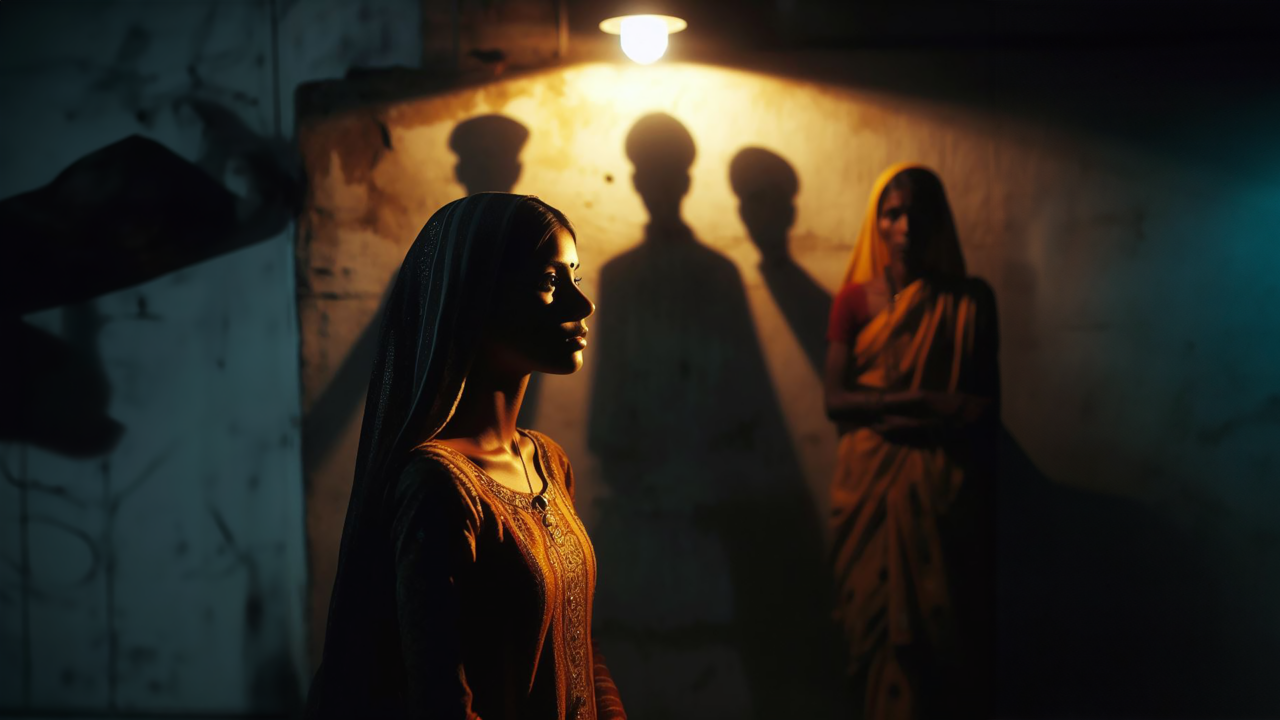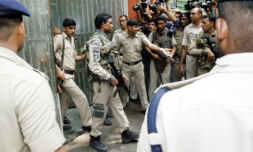Having recently revoked its own scheme of banning late evening coaching classes for girls, the Uttar Pradesh state of India continues to show worrying signs of patriarchal moral policing.
When the Uttar Pradesh government recently prohibited girls from attending coaching classes after 8pm in the name of security, it stirred a furor across India. While the administration claimed it was shielding women under the ‘Safe City’ project, women’s rights activists believe their hard-won freedoms and opportunities are being throttled.
The ban previously enforced in the Gautam Buddha Nagar district prevented coaching centers from conducting late evening classes for girls to ostensibly prevent the ‘gathering of troublemakers’ and ‘incidents of molestation.’
However, this appears to be a symptomatic band-aid rooted in the same patriarchal mores that create gender crimes and female disempowerment across Indian society.
Though the summer issued guideline has been revoked as per the latest reports on December 13, following severe retort from various social institutions, it shows how policymakers miss the nuances of equity by recommending changes for societal groups they don’t know much about.
The ‘blunt instrument’ approach persists
‘Rather than addressing root causes, the government has taken a blunt instrument to the fundamental problem,’ said a spokesperson for a local women’s activist group.
By arbitrarily limiting women’s education and mobility, the government avoids lifting the societal constraints that shackle women’s empowerment while allowing the underlying status quo to persist.
‘Boys can study till midnight or more – no issues,’ author Gourav Mohanty questioned on X, while questioning why such restrictions have not been imposed on male students if safety is the issue.
‘But you see, girls are at-risk species and the best way for them to be safe is to stay indoors [similar to endangered animals in zoos].’
And the impact is real. 21-year-old Neha Khan, an undergrad student pursuing a Bachelor of Commerce saw her dreams of becoming a chartered accountant waylaid when late evening coaching classes critical for her exam preparation were abruptly discontinued.
She says, ‘I used to attend coaching classes for chartered accountancy exams in the evening batch. Now I have no choice but to drop a year till I complete my graduation.’
Other ambitious girls now stare down similar dead-ends – with continually restricted access to learning, careers, and financial independence. Neha’s friend, Priya Verma, an undergrad Arts student concurs: ‘We are adults, not children. Why should we be told what we can or cannot do?’
Making girls sit at home in the evenings as part of Safe City is irony looking itself! So wrong at many levels. This will kill so many dreams! #UPhttps://t.co/QC6ONODFlS
— R P G (@Unschackle) November 26, 2023
Putting the cart before the horse
Educationists argue knee-jerk prohibitions highlight the administration’s blinkered rationale, that preventing women from being visible victims will prevent crime. The biases that inadvertently feed negative gender attitudes, however, are not addressed.
It shifts focus from reformative police and legal measures to moral policing potential victims. Heavy reliance on CCTVs for security has proven largely ineffective both as a deterrent and investigative mechanism.
Such symbolic gestures ignore the complex social engineering essential to inoculate communities against gender bias and crimes.
Journalist Gargi Rawat remarked that the state government, instead of ensuring safety, was preventing women from attending coaching. ‘That’s not how a smart city or safer city should work,’ she remarked.
‘Girls can’t be bearing the cost of an incompetent administration that can’t ensure their safety’,
Said former technology student Sailee Rane, who recalled her experience of being ousted from essential classes.
This isn’t new. Girls in India have always had to fight for the most basic freedoms. But it felt like we have been on a positive trajectory this last decade or so. Moments like Pinjra Tod were steps in the right direction.
This move by the UP government is definitely not. (4/n)— Sailee Rane (@sailee_rane) November 26, 2023




















